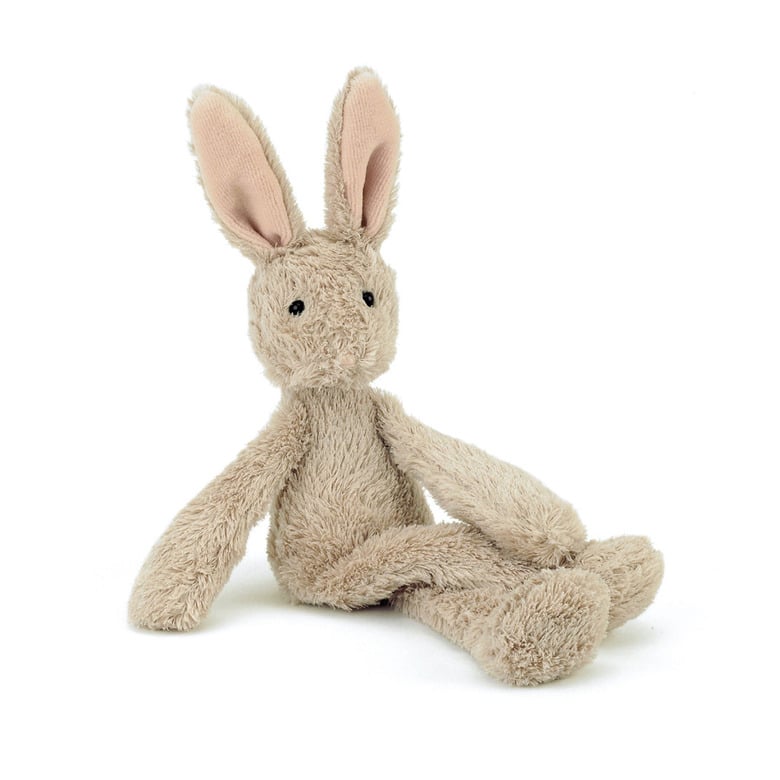So how did
we actually come to diagnosis? When J was 18 months old we had our obligatory
maternal health nurse visit where I mentioned that he seemed quite reluctant to
speak although he could quite happily follow three step commands. According to
‘google’ – an 18 month old should have at least a dozen words, but I was well
aware that there was huge variation with respect to this. By this time a number
of my previous concerns had dissolved and I was convinced that J’s slow speech
was probably due to him being a boy and a first child. Comprehension appeared
to be no problem, at 13 months he could consistently point to all shapes and
could tell the difference between a pentagon, hexagon and octagon.
The
maternal health nurse gently suggested that although this probably was ‘normal’,
perhaps I should get his hearing tested just to be sure and then maybe consider
seeing a speech pathologist just to give us some strategies to encourage J to
speak, and so began our road to diagnosis.
Hearing
test was completely normal and thus we started a series of speech pathology
sessions. I had always considered ‘baby’ talk to be unnecessary and
underestimated the endless potential of the child. However, part of the
strategy to get J to speak more was to use many more one syllable words over
and over. During our sessions, I mentioned to the speech pathologist that J was
quite rigid in some of his behaviours.
He only liked the same books to be read over
and over. Getting him to like and accept a new book in his repertoire involved
me pretending to read it to myself extremely loudly on consecutive days, whilst
each time ignoring his very vocal protests of ‘no no no! ‘
New places seemed to upset him and he needed
plenty of forewarning when we were going to do something a little unusual.
He didn’t really like the sensation of grass on
his feet, and was quite upset if his feet touched the grass even when wearing sandals.
He had a little spinning wheel toy that he
could quite happily spin with his thumb and would do this repeatedly through
the day and often seemed quite immersed in this activity.
She gently suggested that a visit to an
occupational therapist (OT) for an assessment could be pertinent. It was here
that I first came to understand to get a formal diagnosis of ASD (Autism
spectrum disorder) in Victoria,
children must be assessed by a multi-disciplinary panel. We ended up with an
OT, speech pathologist and paediatrician.
It quickly became apparent to me that unless you
had funds to pay for private assessments then the actual diagnosis process
through the public system could be a very long drawn out process. In a
condition where early intervention is paramount, early and expedient diagnosis
is key. During this period I was keen to seek out other peoples’ experiences
through forums and blogs and it was not uncommon for families to be waiting
over a year for assessment. This made me so grateful at how lucky we were and
at the same time made me so angry that other people could not access better
services.
I remember visiting the paediatrician for the
second visit where she finally confirmed the diagnosis. Although I thought I
was somewhat prepared for this, it still hit me like a tonne of bricks and I’ll
never forget the sense of numbness I felt when she handed me a diagnosis letter
and sent my darling son and I on our way.

